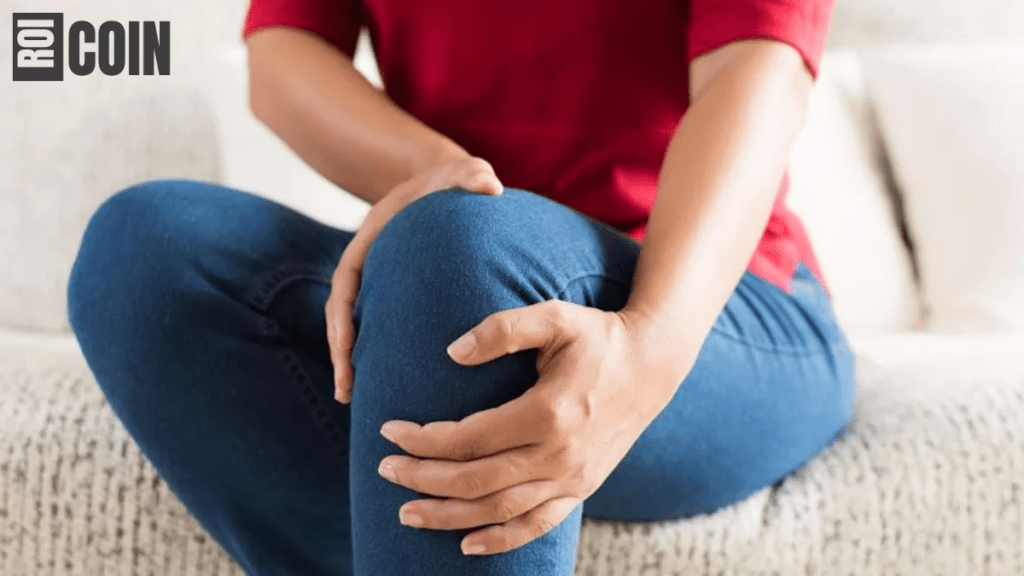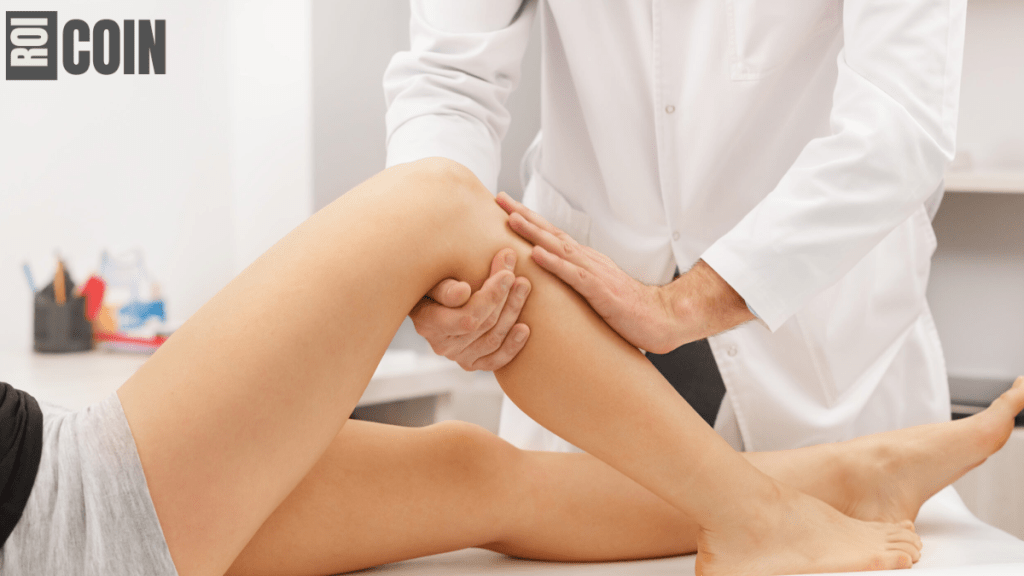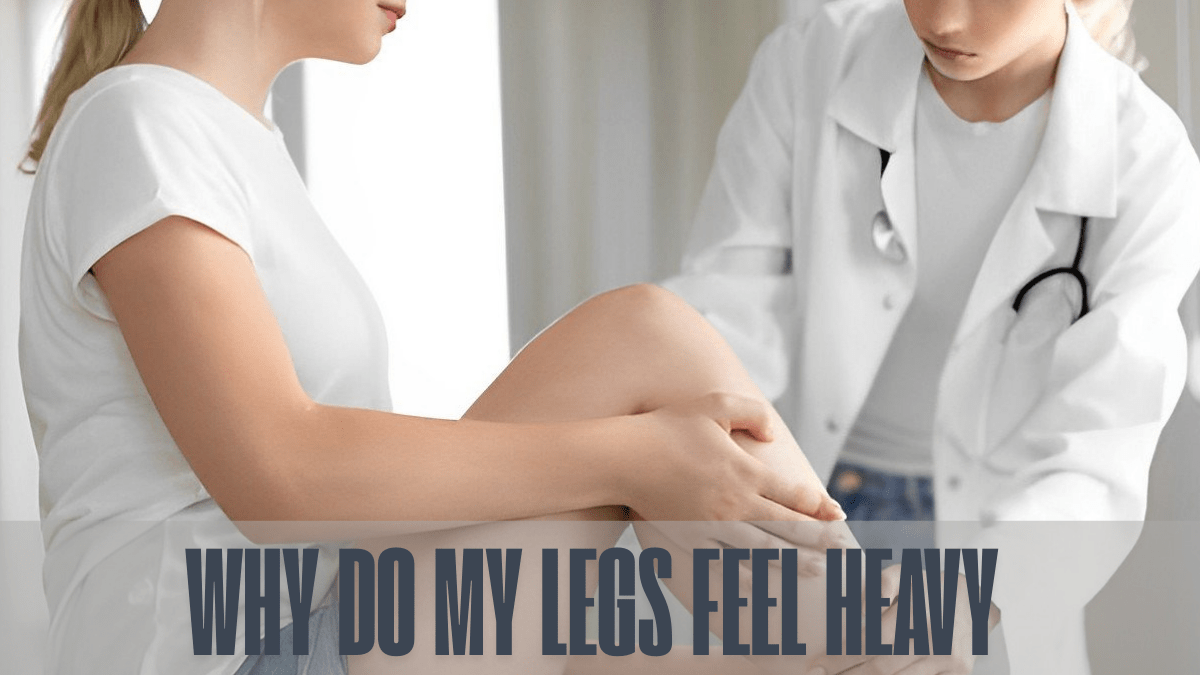Table of Contents
Feeling like your legs are weighed down can be frustrating and uncomfortable. A lot of individuals inquire, “Why do my legs feel heavy?” This sensation may slow you down, make walking difficult, and cause daily activities to become a chore. But don’t worry; understanding the causes behind heavy legs can help you address the problem. Why Do My Legs Feel Heavy? In this article, we’ll uncover the most common reasons why your legs feel heavy and what you can do to regain your energy.
What Does It Mean When Your Legs Feel Heavy?

Before diving into the reasons, let’s clarify what “heavy legs” really mean. When people describe this sensation, they often feel a sense of weight or tiredness in their legs, even after minimal activity. It may feel like you’re dragging your legs or as though they’re stiff and sluggish. So, why do my legs feel heavy? Let’s explore the potential causes.
Poor Circulation
One of the most common reasons why your legs feel heavy is poor circulation. Why Do My Legs Feel Heavy? If your blood flow isn’t functioning well, your legs may not get enough oxygen and nutrients, leading to that heavy, tired feeling. When the blood struggles to flow back to the heart, your legs can feel swollen, stiff, and uncomfortable.
What Can You Do?
Improving circulation is key. Simple habits like moving around more often, avoiding long periods of sitting or standing, and wearing compression socks can boost blood flow. Elevating your legs also helps reduce swelling and discomfort.
Muscle Fatigue
Another answer to “Why do my legs feel heavy?” could be muscle fatigue. Overworking your muscles, either through exercise or standing for long hours, can make your legs feel drained and heavy.
How to Fix It:
Rest is crucial. Give your legs a break when you notice fatigue setting in. Stretching exercises can also help relieve tension in your muscles. A short walk or light yoga stretches may do wonders for easing that heavy feeling.
Check out this Article: Unlock the Answer: How Long Do Shrooms Stay in Your System?
Dehydration
Dehydration is often overlooked but is a common reason for heavy legs. When your body lacks fluids, muscles don’t work as efficiently, and they may start to cramp or feel sluggish.
Quick Solution:
Stay hydrated! Drink plenty of water throughout the day, especially if you’re physically active. You can also incorporate foods high in water content, such as fruits and vegetables, to help keep your muscles well-hydrated.
Varicose Veins
Varicose veins are another answer to “why do my legs feel heavy.” These enlarged veins can cause heaviness in the legs, as well as aching, swelling, and sometimes even visible blue or purple veins. Varicose veins occur when the valves in your veins don’t work correctly, leading to blood pooling in the legs.
What Can Help?
You can manage varicose veins by wearing compression stockings, which encourage better blood flow. Elevating your legs above heart level also reduces the heaviness. In some cases, medical treatments like sclerotherapy or laser therapy may be necessary to treat varicose veins.
Being Overweight
Carrying extra weight can put stress on your legs and make them feel heavier. Why Do My Legs Feel Heavy? The added weight makes your muscles work harder to support your body, which can lead to fatigue and discomfort.
What to Do:
If being overweight is causing your heavy legs, focusing on healthy lifestyle changes can help. Incorporating regular exercise and a balanced diet can reduce strain on your legs and make them feel lighter and more energized.
Read more: Why Do My Legs Feel Heavy? Causes and What You Can Do
Peripheral Artery Disease (PAD)
Peripheral artery disease (PAD) is a condition where arteries narrow and blood flow to the limbs is reduced. One symptom of PAD is the feeling of heaviness in the legs, especially when walking or standing for long periods. Serious consequences may arise from PAD if treatment is not received.
Solution:
If you suspect PAD might be the cause of your heavy legs, it’s important to consult a healthcare professional for an accurate diagnosis. Treatment may include lifestyle changes, medications, or medical procedures to restore blood flow.
Get more info: Outdoor fitness activities: Ignite Your Adventure Spirit
Sitting or Standing for Too Long
If you sit or stand for extended periods, your legs may start to feel heavy. When you’re in one position for too long, blood can pool in your lower limbs, causing that heavy, sluggish feeling.
Quick Fix:
Please make it a habit to move around regularly. If your job requires you to sit or stand for long hours, take breaks to walk or stretch. This helps boost circulation and relieves the pressure on your legs.
Nutritional Deficiencies
Sometimes, your diet could be why your legs feel heavy. Deficiencies in certain nutrients, like iron or magnesium, can lead to muscle weakness and fatigue. Low iron, for example, can cause anemia, which may leave you feeling exhausted with heavy legs.
How to Improve:
Make sure you’re eating a healthy, vitamin-and mineral-rich diet. Foods like spinach, nuts, and lean proteins are packed with essential nutrients to keep your muscles strong and energized.
Chronic Venous Insufficiency (CVI)

When your legs’ veins are unable to effectively return blood to your heart, you have chronic venous insufficiency. This condition leads to the pooling of blood in the legs, causing a heavy, aching sensation. CVI can result from varicose veins, blood clots, or damaged vein valves.
Get the info about: Yoga at Home: Master Inner Peace and Elevate Your Flexibility
How to Manage CVI:
Managing CVI involves lifestyle changes such as regular exercise, elevating your legs, and wearing compression socks. In more severe cases, medical treatments like surgery may be required.
If you’re still wondering, “Why do my legs feel heavy?” The good news is that most of these causes can be managed with small lifestyle changes, like staying active, eating a balanced diet, and staying hydrated. Why Do My Legs Feel Heavy? If your heavy legs persist or worsen, it’s always a good idea to consult with a doctor for further evaluation. By addressing the root cause, you can relieve the discomfort and regain your energy.




